What does the King's Speech mean for the South East?
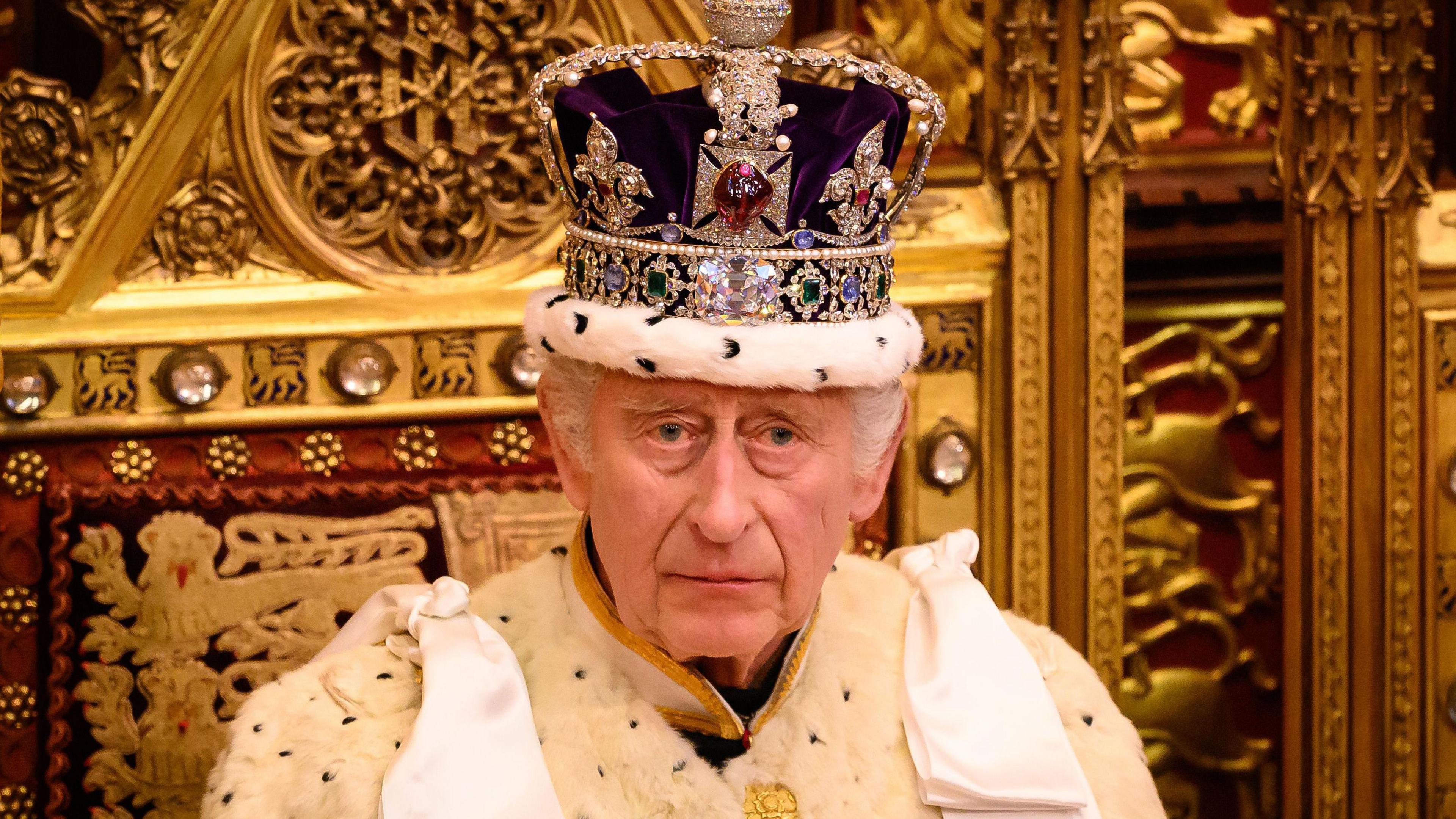
King Charles will deliver the King's Speech on Wednesday
- Published
The King is set to deliver a speech during the State Opening of Parliament ceremony on Wednesday, which will mark the start of the parliamentary year.
It will allow the new Labour government to outline its priorities for the months ahead, following its general election victory earlier this month.
Here we look at the issues likely to crop up that will impact south-east England.
Can Labour stop the boats?
The new government is expected to formally outline its plans for tackling small boat crossings in the King’s Speech.
With around 15,000 people arriving on the Kent coast so far this year, the challenge is clearly immense.
The former Prime Minister, Rishi Sunak, made the issue a key priority of his premiership, pledging to “stop the boats” in January 2023.
Sir Keir Starmer hasn’t gone as far as to stake his reputation on stopping the boats entirely, but he has pledged to tackle illegal immigration.
The Labour manifesto committed to a new Border Security Command, external with counter-terror powers, which it says will be “a major step change in UK enforcement efforts to tackle organised immigration crime".
But some of those who have worked in border security have told me they don’t think it sounds all that different to what is already in operation.
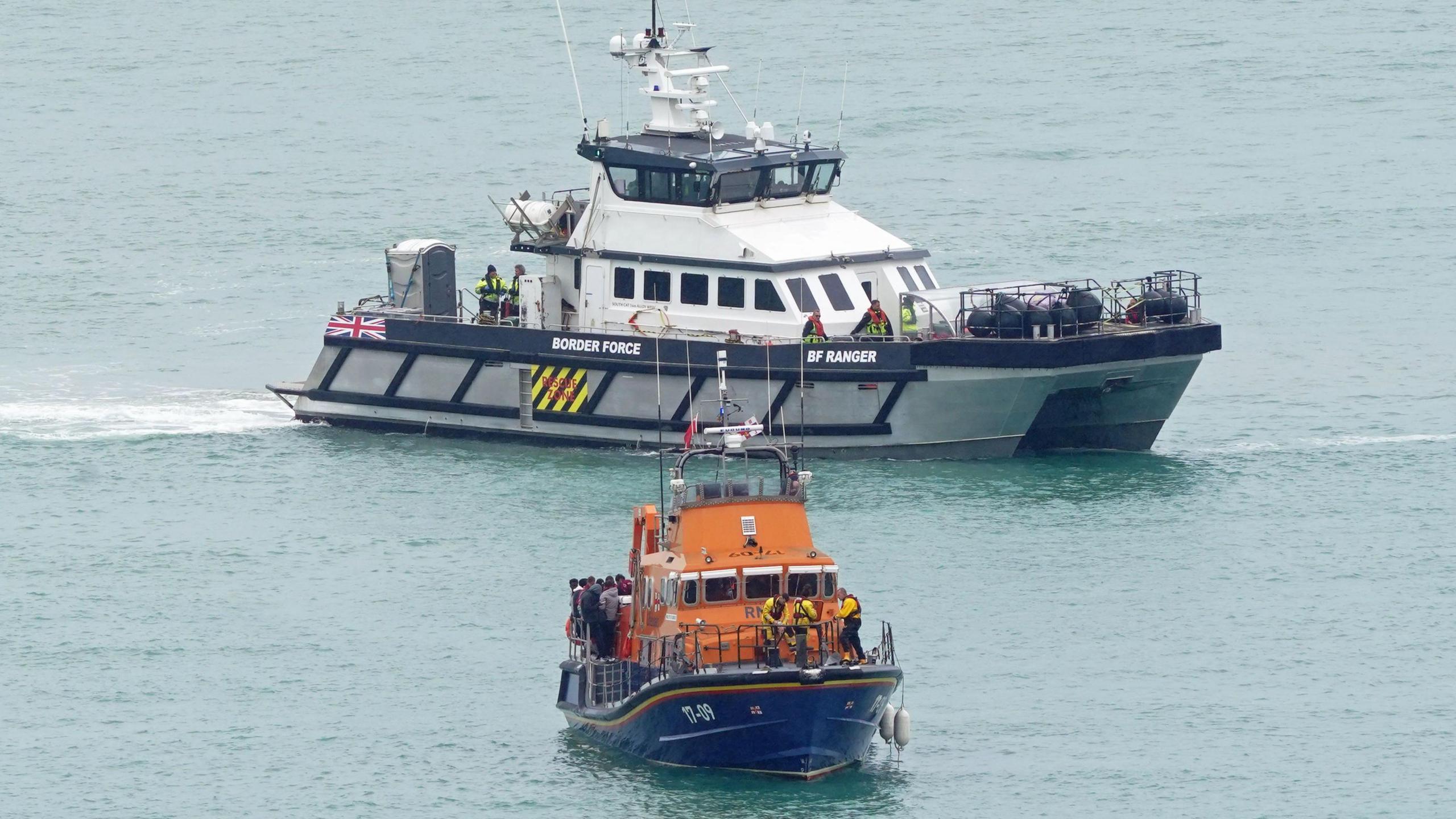
The number of migrants who have arrived by small boats so far in 2024 is higher than the number for the same period in the previous four years
Experts at the University of Oxford’s Migration Observatory also pointed out the enduring challenges the Labour Government will have to deal with.
Senior researcher Dr Peter Walsh listed three issues: the more than 300km (186 miles) of "viable coastline" for crossings, the fact that senior smuggling figures are typically based in countries beyond the jurisdiction of the UK, and that smugglers usually operated in small groups on the ground.
“You can arrest these groups but then others immediately pop up in their place," he said.
Residents on the Kent coast, where the boats are brought to shore, often name the crossings as one of their main concerns. Many of these people have voted Labour for the first time in years.
It’s clear the prime minister will need to show progress on the issue to keep their trust.
'Take back control' bill
We can expect to see Labour offer a massive devolution of powers from Whitehall to regional mayors and councils, including on employment support, transport, energy and climate, culture and childcare, alongside council finances.
In January 2023, Sir Keir pledged it would be the centrepiece of his first King’s Speech.
He also said it would include devolving powers on housing, but this seems to be contradicted by more recent policy on pushing through housing plans against local opposition.
On Tuesday, the Deputy Prime Minister Angela Rayner sent her first letter to all local council leaders in which she said: “For too long, Westminster government has tightly gripped control and held back opportunities and potential for towns, cities, and villages across the country."

Deputy Prime Minister Angela Rayner has invited councils to work with the government on plans to give them more power in their local areas
The letter called on council leaders to “take the plunge” adding that she “wants to work with more places to help them use the enhanced powers to drive growth in every part of the country”.
Previously, Kent County Council suggested it would be open to discussing how devolved powers would work, including looking at a metro-style mayor as seen in places like Greater Manchester.
But Medway Council has so far not been keen to look at any deal which could cede power away from Gun Wharf or Medway residents.
Housing's 'perfect storm'
Around 40,000 homes in Brighton and Hove are rented, as well as high proportions in towns such as Crawley, Hastings, Eastbourne and Shoreham-by-Sea. They also have monthly rents well above the national average.
The last few years have seen a perfect storm of unaffordable home purchase prices, a shrinking and expensive rental sector and a shortage of social housing create a housing crisis around Sussex with councils spending millions on temporary accommodation to put a roof over people’s heads.
The previous government pledged to ban ‘no fault’ evictions in 2019 but didn’t manage to get the legislation through before the general election was called.
Labour has committed to do away with Section 21 notices, which give tenants two months’ notice of eviction without reason, but it’s less clear if they will bring back the Renters Reform Bill which the Conservatives had proposed.
The party has also pledged to help tackle “unreasonable” rent hikes both between and within tenancies and to improve standards, like mould issues, in both social and private rented homes.
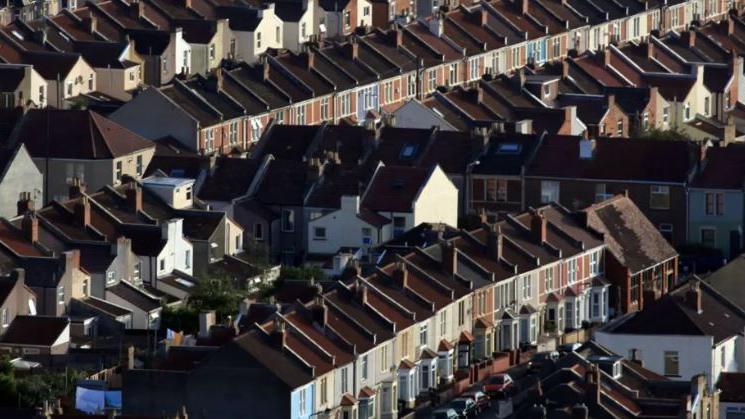
Labour has pledged to tackle "unreasonable" rent hikes and build new homes
Where would new homes go?
The question of how many new homes and where to build them in Surrey and other parts of the South East is hugely controversial.
The dilemma is that while there is a recognised shortage of "affordable" - there is a whole separate debate about that term - properties to buy and rent, a lot of the land where they might have to go is in the green belt.
The tension between those who want the new homes and those who are worried about the impact on the countryside is very real and has, for example, led to angry protests at council planning meetings.
Labour has talked about building on the "grey belt" – so-called "poor quality and ugly" bits of the green belt.
But I expect they are likely to find even those areas will be disputed by residents and campaign groups.
Follow BBC Kent on Facebook, external, on X, external, and on Instagram, external. Send your story ideas to southeasttoday@bbc.co.uk, external or WhatsApp us on 08081 002250.
Related topics
- Published17 July 2024
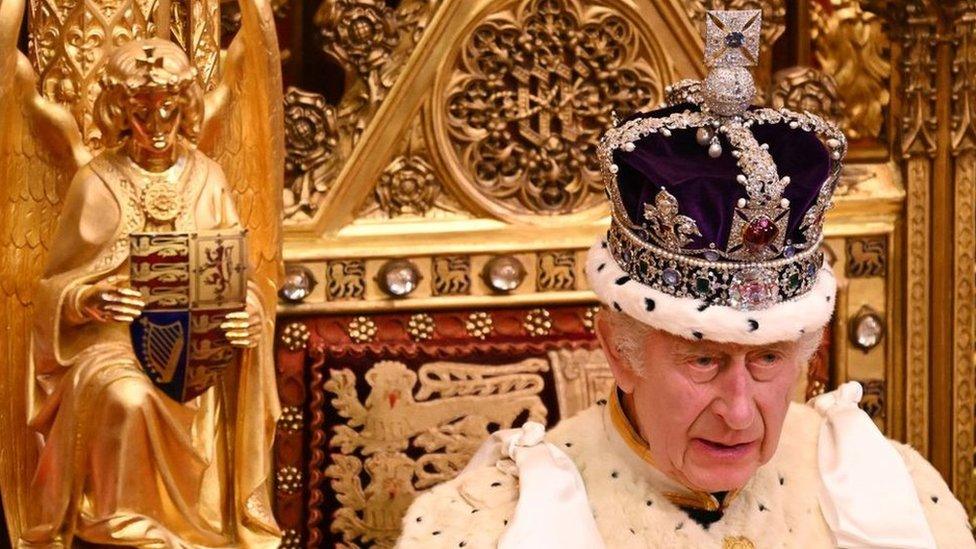
- Published15 July 2024
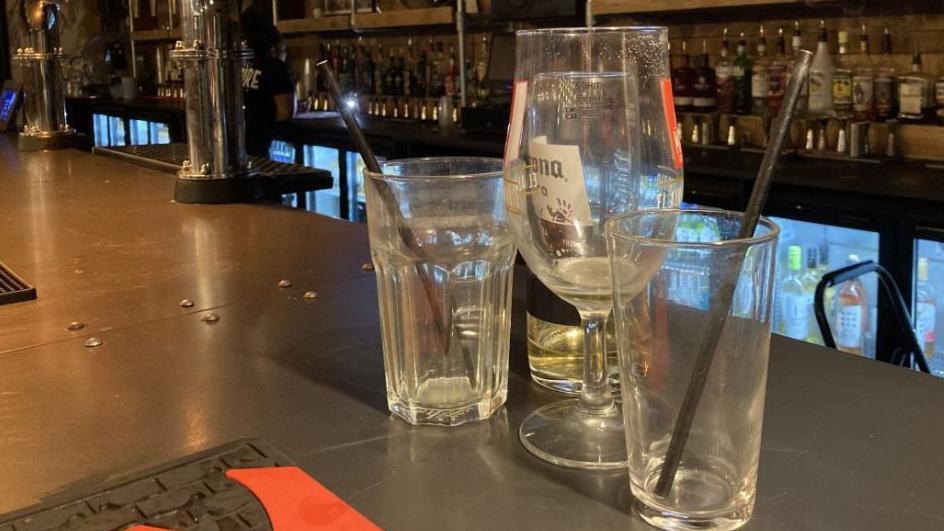
- Published17 July 2024
